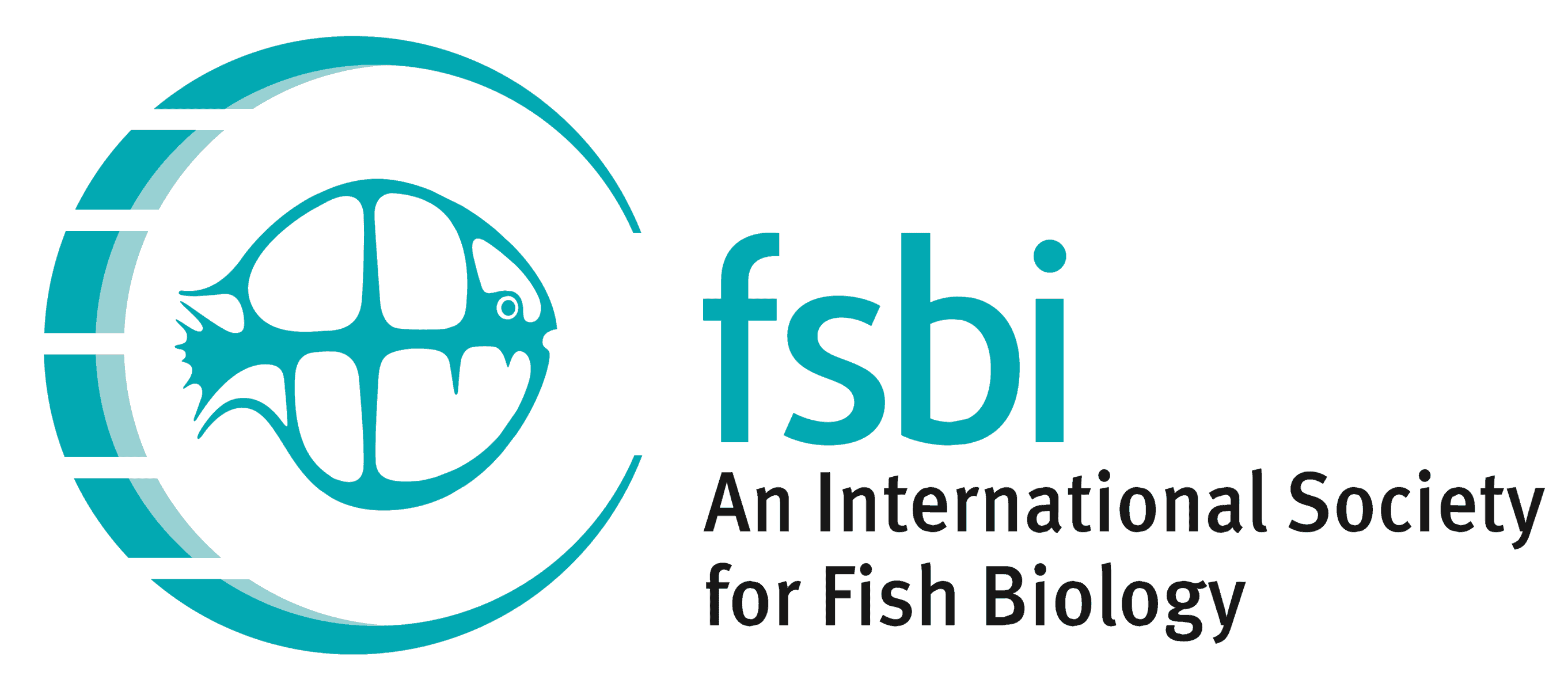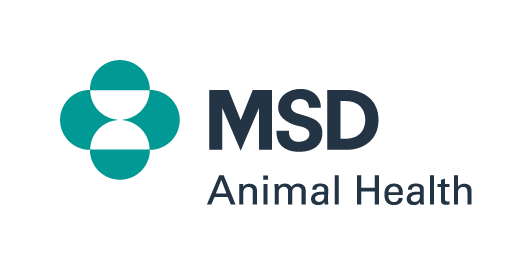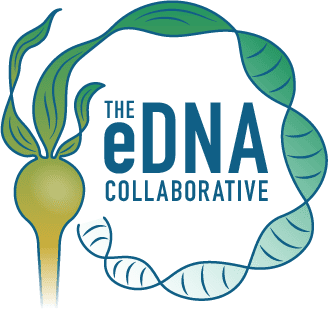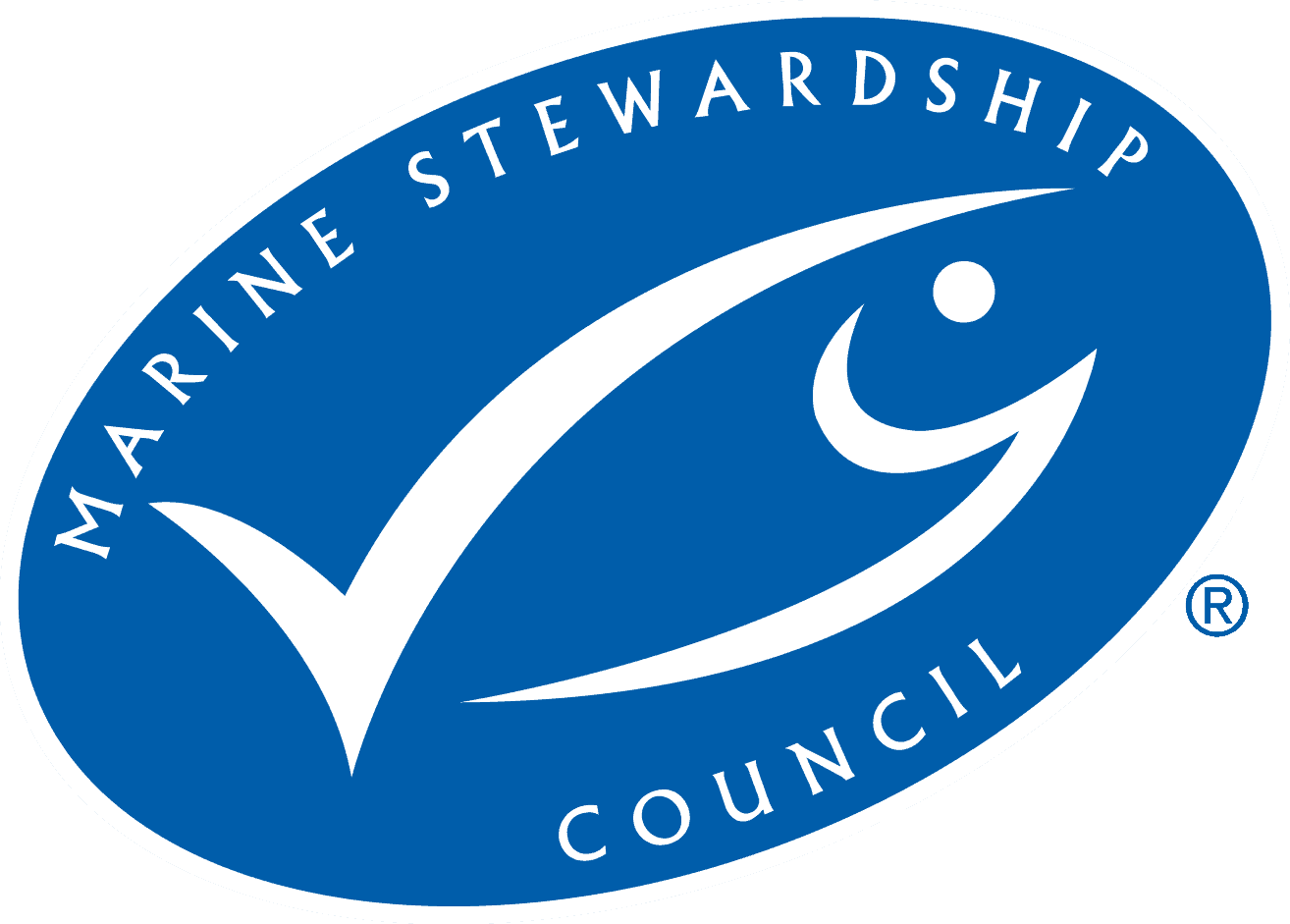FSBI 2024 Annual Symposium
ADVANCING FISH ECOLOGY, MANAGEMENT AND FORECASTING THROUGH OMICS
15th-19th July 2024, Bilbao

The 2024 Symposium, convened by AZTI, will present the latest science on omics applied to fish ecology, management and forecasting.
The conference will bring together scientists from a range of disciplines to explore ways of integrating our research and strengthening relationships with stakeholders and policymakers to improve the effectiveness of management and conservation.
We look forward to seeing you in-person in Bilbao!
You missed out!
Symposium Theme
Omics approaches are revolutionizing a variety of scientific fields, allowing understanding living organisms and ecosystems at an unprecedented rate and enabling the development of biotechnological applications that became game-changers for human health and environmental monitoring. The field of fish biology is not foreign to this revolution and genomics and other omic-based methodologies are being used to study fish ecology, provide management relevant information and tools and allow making predictions about adaptations to change. During the 2024 FSBI symposium organized by AZTI in Bilbao, we aim at discussing research that uses omics data, either on its own or alongside other methods, to make advance fish ecology, management, and forecasting. We encourage you contribute your work in these areas!
Keynote speakers
JACK JONES
LECTURE
University of Bangor, UK

Emeritus Prof. Carvalho will talk about how, why and when genetics contributed to fisheries policy. He will draw on a few examples to identify characteristics of successful integration and consider ongoing opportunities for sustainable fisheries and genetic resources conservation
Emeritus Prof. Gary Carvalho has for around four decades employed genetic markers to address questions in ecology and evolution. Alongside many colleagues and students, he has utilised genetic and genomic tools to study fish behaviour, population structure, size, and distribution. He has engaged with governance and policy to foster awareness and the inclusion of genetics in environmental management, especially in commercially exploited fishes. The underpinning strategy has been to elucidate drivers of genetic change and then to apply such understanding to the conservation of genetic resources.
MANAGEMENT
& FORECASTING
University of Oslo, NO
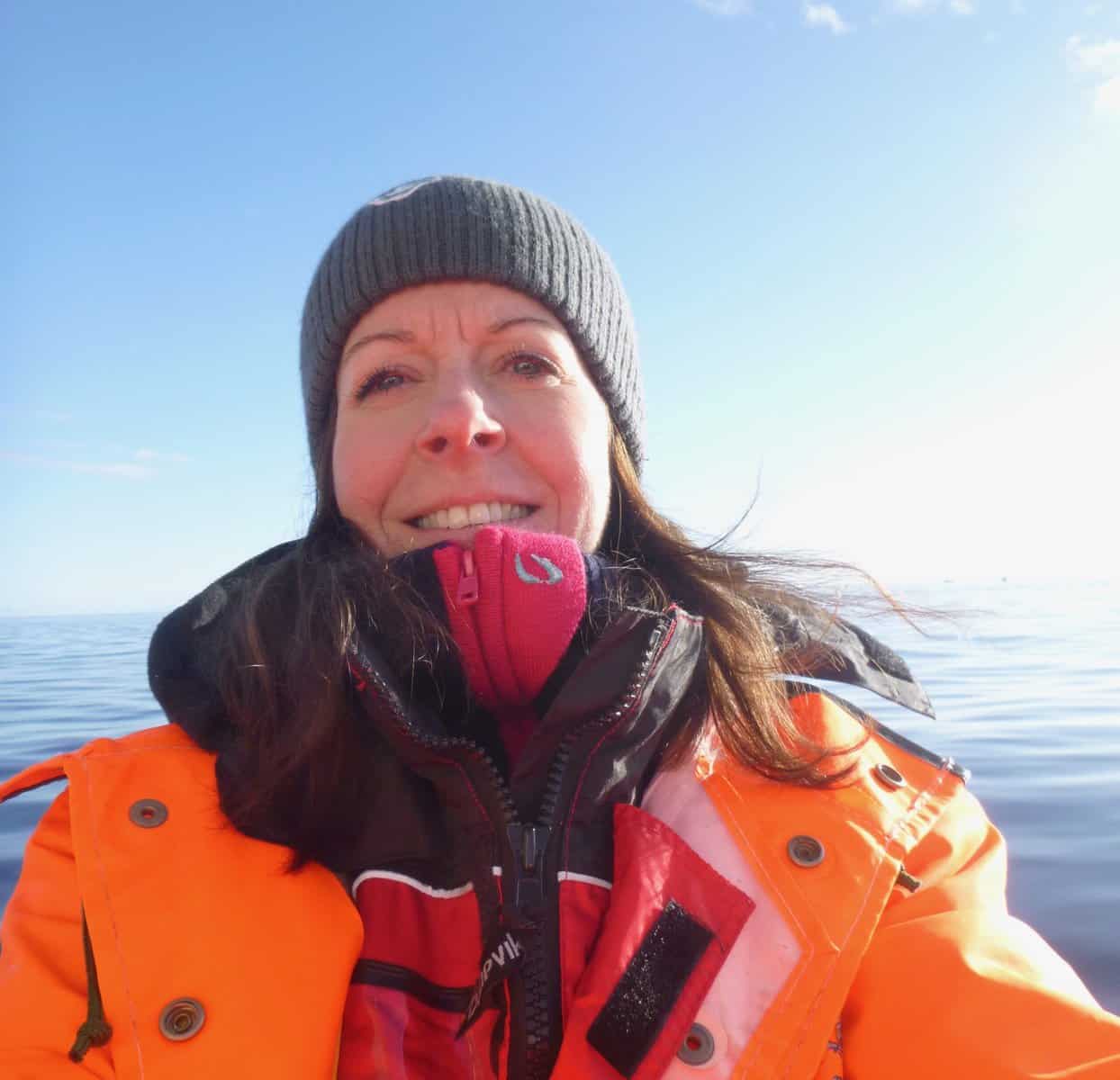
Dr. Jentoft will talk about the use of genomics to study behaviour and adaptation of Gadiformes, including work within the AquaGenome project, aiming at sequencing 1K cod genomes to provide a deep genomic variation catalog in this species to study local adaptation.
Dr. Sissel Jentoft, researcher at the Centre for Ecological and Evolutionary Synthesis (CEES), has extensive experience within marine evolutionary and population genomics understanding how genomes are influenced by adaptation to changing climates and environments. The overarching goal of her work is to gain new and unprecedented knowledge to further improve the development of sustainable management and restoration programs for key marine resources
ECOLOGICAL GENOMICS
& ADAPTATION
Charles University, CZ
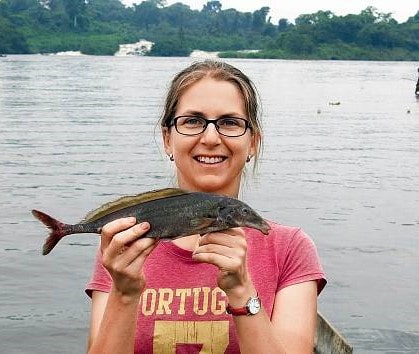
Dr. Musilova will talk about how deep-sea fishes and cichlids can see in the dark, which she studies using molecular tools (genomics and transcriptomics) to understand evolutionary adaptations to extreme environments, such as the deep ocean and deep freshwater lakes.
Dr. Zuzana Musilova, researcher at the Department of Zoology, Faculty of Science, Charles University in Prague, works on the evolution of fish sensory systems, focusing on different groups of fish from the deep-sea lineages, through tropical cichlids to European freshwater species. The main goal is to search for molecular mechanisms of sensory adaptation and to link them to the fish ecology, evolution and biology.
TRACEABILITY
& IUU FISHING
Liverpool J. M. University, UK
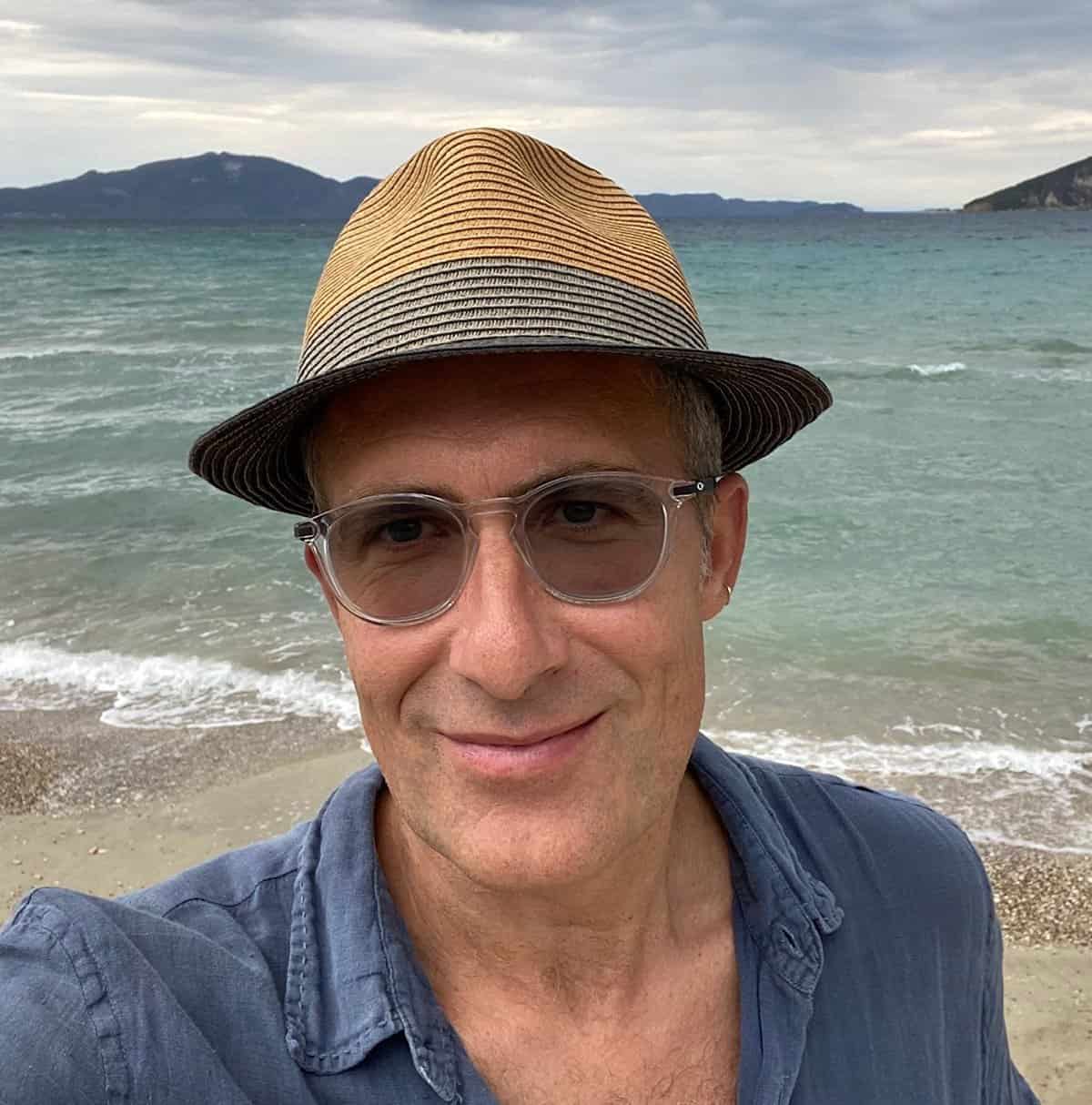
Dr. Mariani´s talk will guide focus on how reliable DNA tools could unveil major issues in seafood trade. Now, as omic tools become more powerful, and rapid, biologists can address increasingly complex questions, while consolidating and strengthening their engagement with the socio-economic and policy dimensions of the global seafood supply
Dr. Stefano Mariani, Professor of Marine Biodiversity at the School of Biological and Environmental Sciences, Liverpool John Moores University, developed his passion for fish ecology along the Tyrrhenian coast in Italy, where he completed his Bachelor, Master and PhD degrees, and headed to England (Hull) to expand his knowledge in population genetics. Then, he established his own research group in Dublin and begun his investigations on seafood (mis)labelling. A return to England (Salford and then Liverpool) led to a new blooming passion: environmental DNA, which itself continues to fuel, inspire, and bolster his never-abandoned endeavours around trophic ecology, population biology, and the complexity of seafood supply.
BIODIVERSITY AND CONSERVATION
University of Stellenbosch, ZA
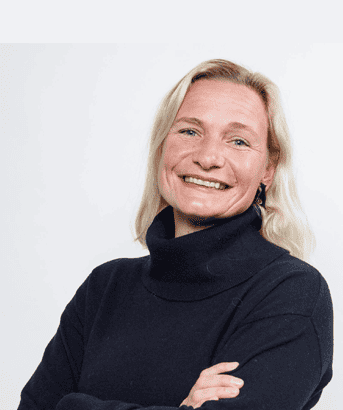
Dr. von der Heyden will talk about the uptake of eDNA metabarcoding for describing marine fish communities in South Africa . She will focus on the importance of understanding the spatio-temporal variability of the eDNA signal and of developing regional databases for effective and consistent monitoring of marine biodiversity.
Dr. Sophie von der Heyden, lecturer at the Department of Botany and Zoology at Stellenbosch University (SU), utilizes genetic and genomic approaches for studying various aspects of marine and freshwater systems in Africa and beyond, with a strong emphasis on using molecular techniques for conservation and biodiversity planning. This has led to fascinating insights about the evolutionary dynamics of one of the world’s most unique ecosystems, but also the development, uptake and expansion of molecular approaches for studying natural systems.
ECO-EVOLUTIONARY DYNAMICS
U. of Washington, USA

Dr. Naish will talk about genomic-based investigations of eco-evolutionary dynamics in Pacific salmon. She will describe studies on co-evolutionary predatory-prey interactions and their influence on the ecology of different viral subgroups, and examine the relationship between ecological factors, the evolution of dispersal, and population structure
Dr Naish, Professor and Director of the School of Aquatic and Fishery Sciences, focuses on studying the evolutionary responses of populations to natural and anthropogenic influences, using a combination of molecular, genomic and quantitative genetic approaches to characterize changes in fitness-related traits. Her work has implications for the conservation and management of aquatic populations because we need to understand how these populations will respond to a changing environment. Specifically, we need to be able to identify natural environmental influences on the evolution of fitness traits and then to anticipate how populations might respond to activities such as harvest, environmental changes, and conservation actions such as reintroductions and supportive breeding. This knowledge will assist us in taking proactive strategies to reduce human impacts on natural populations.
Key dates
Abstract submission deadline: 9th February 2024 (closed)
Notification of abstract acceptance: 11th March 2024 (notifications have been sent)
Symposium Award application deadline: 1st April 2024 (closed)
Early bird and presenter registration closes: 20th May 2024 (closed)
Late registration closes: 17th June 2024 (closed)
Submission to JFB special issue deadline: 31st December 2024
Location
Venue
The conference will be held in “Bizkaia Aretoa”, in Bilbao which is located right by the river and only a few minutes walk from emblematic places such as the Guggenheim Museum. The venue is also only a 10-minute walk from the accommodation, the “Colegio Mayor de Deusto”, just across the river.
Both the venue and the accommodation are located in the heart of Bilbao, within walking distance of many restaurants, bars, places of interest, making it a perfect setting for an FSBI meeting.
Social Events
Several social events are planned, which include a wine reception at the Bilbao Maritime Museum, where you can discover the close relationship that Bilbao and its people share with the sea, a social dinner in a Secret Garden, a boat excursion through the Bilbao river, and a Banquet and awards ceremony at the ABBA hotel.




FIND YOUR WAY AROUND
Use this link to find key locations,
this city map to find your way around Bilbao,
and visit Euskotren and Metro Bilbao for transport info.

Beautiful surroundings
Bilbao serves as an excellent base of operations for exploring the remarkable surroundings, such as the UNESCO Urdaibai Biosphere Reserve, the Urkiola Natural Park and many other destinations in Bizkaia and the rest of the Basque Country

Travel information
PLANE
The main airport is Bilbao Airport, located at about 12 kilometers north of the center of Bilbao. The A3247 public bus service runs every 15 minutes and connects to the city center (20-minute ride approx.). You can also take a taxi at the taxi rank located in front of the Passenger Terminal Building, on the level 1 (Arrivals sidewalk).
FERRY
The Port of Bilbao is a main link between the Iberian peninsula and several American and north European cities. From the UK, you could take a direct ferry from Porstmouth to Bilbao, or from Plymouth to Santander (and then a 1h15 bus ride to Bilbao). From Ireland, you could take the ferry from Rosslare to Bilbao.
TRAIN
The Abando Indalecio Prieto station serves as the gateway to reach Bilbao by train. From this station, long distance trains offer connections to major cities such as Madrid, Barcelona and other locations throughout the country. In addition, suburban lines C1, C2 and C3 provide an excellent connection between Bilbao and the rest of Bizkaia, facilitating travel within the province.
BUS/COACH
The Bilbao Intermodal bus station is located within the city center, in the San Mamés subway station. There are bus services connecting the station with other Spanish and European cities. From Spanish cities: Check bus companies such as ALSA to find routes and schedules from your city of origin. From European cities: Check bus companies like Flixbus, where you can find international bus services from cities like Paris or Lisbon.
CAR
The extensive road network in Bizkaia offers easy and comfortable driving throughout the territory. If you are coming from France or Galicia, you can arrive via the A8 highway. On the other hand, if your starting point is Madrid, you can take the A1 highway to Bilbao. The accomodation has parking service at the following address: Camino Ugasko, 7. 48014- Bilbao. There are also a number of car parks scattered throughout the city, the closest one to the venue being Parking Plaza Euskadi (24h)
Programme

Instructions for presenters
Posters
A poster consists of easily read text and graphics describing your work.
Preferred format Portrait A0 size paper (841 mm wide x 1189 mm high). If you prefer landscape or a smaller portrait sized poster, note that that height cannot be greater than 190 cm and width cannot be greater than 95 cm
Posters should ideally be put up on Monday afternoon, but you can also put them up on Tuesday morning.
Oral presentations
Orals are scheduled for 10 minutes, with 8 minutes maximum for presentation.
Questions will be right after your talk or as part of a Q&A panel with other speakers in your session afterwards
Preferred format: Power Point or PDF widescreen (16:9).
You will be asked to upload your presentation a few days before the meeting. More information on this will be provided soon.
Monday Workshops
On the Monday afternoon we will have three workshops:
- 14h00 - 15h30: "environmental DNA sampling"
- 16h00 - 17h15: "Publishing and Science Communication"
- 17h15 - 18h30: "Equity, Diversity and Inclusion"
More details will be added to this section shortly.
Spawning Run
Inspired by the American Fisheries Society we are having an early morning run run ('Spawning Run') along the river of Bilbao on Wednesday morning, meeting at 07:00 am. This is a fun run, but we do expect you to take it seriously by wearing appropriate clothing (e.g. decent trainers, layers, sunscreen) and to come hydrated. Please read the information below, which we will also read out to you before the run. If you do still take part you are accepting that you are doing so entirely at your own risk and that it is your responsibility to ensure that you are fit and able to take part in the event.
The route can be found in the key locations map, and also in STRAVA: https://strava.app.link/1x9oP8HJ8Kb
Participants on this 5km run are doing this activity at their own risk, and AZTI does not accept responsibility for injury, loss and damage sustained by a participant unless the above injury, loss and damage is proven to have been caused as a direct result of negligence on the part of the organisers. Running is a physically active sport, and - if in doubt about your physical ability - you should seek advice from your doctor before taking part.
Registration / Accommodation
Please see below a table explaining the costs (in Euro) for the week or by day. Note that you can apply for FSBI membership via this page. (a registration link will be available soon). Student rates are applied to individuals registered in an undergraduate or graduate program.
Accommodation, including breakfast, will be at the residence hall Colegio Mayor Deusto, conveniently located at 10 min walk from the venue. All rooms are exterior, with a bathroom and WiFi. If you prefer to stay at a hotel, we recommend the Hesperia, but there several options close to the venue. You will need to book directly with them.
The Full event access (with or without accommodation) includes coffee breaks, lunches and dinners as well as participation in the workshops and side events of the whole symposium (from 15th to 19th July).
The Full event access & accommodation option includes four nights: arriving on Monday 15th and departing on Friday 19th; if you wish to arrive earlier or depart later, you should book directly using this link indicating "FSBI" in observations:
https://formularios.colegiomayor.deusto.es/Reservas.nsf/reservaHuesped.xsp
The Per day access (without accommodation) includes coffee breaks, lunch and dinner as well as participation workshops (if Monday) and side events of the day of choice. You need to specify the day and associated evening during registration.
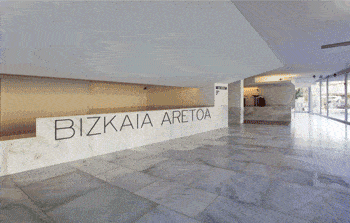


Registration is now CLOSED. For registration and invoicing questions, please write soporte@onsitevents.com
Refund Policy
- All cancellation requests received on or before May 1st 2024 at 11:59 PM EST will be issued a refund. No refunds will be given thereafter. Requests for registration cancellation must be submitted in writing via email to selene@onsitevents.com.
- If you are not able to attend one or more sessions or events, we will not prorate or refund any part of your registration fee. Substitute attendees will be permitted. Substitution requests must be in writing via email to selene@onsitevents.com no later than 7 days prior to the event start.
Financial support to attend the symposium:
FSBI Travel Grants:
The FSBI offers the opportunity for its members to apply on a competitive basis for financial assistance in support of travel to the FSBI annual symposium.
Symposium Awards:
The symposium will grant eight awards to postgraduate students covering the registration for the full event and accommodation; thanks to the support of our sponsor eDNA collaborative, two of the awards will also cover travel costs to up 700€; for these latter awards, applicants from low or lower-middle income countries will be favored.
Unfortunately, you have missed the deadlines to apply for both funding opportunities.
Special Issue of the Journal of Fish Biology
Journal of Fish Biology is calling for submissions of original studies that describe research that uses omics data, either on its own or alongside other methods, to make advance fish ecology, management, and forecasting. Reviews which are well summarized and of far-sighted prospects are also encouraged.

Congratulations to this Year's FSBI Medal Winners
Each year, the FSBI awards medals for lifelong individual contributions to fish biology and/or fisheries science, with a focus on ground-breaking research; for lifelong individual or team contributions to conservation, training or public understanding of the disciplines; and for individual exceptional advances in early career within these disciplines.
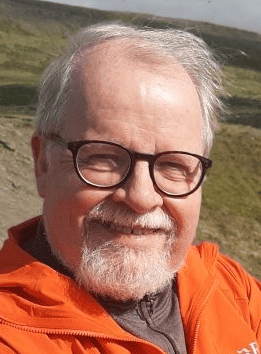
Beverton Medal
Prof Skúli Skúlason
The Beverton Medal is awarded to an individual in recognition of ground-breaking research and lifelong contribution to the study of fish and fisheries science.
For more than three decades Skúli Skúlason has devoted his research activity to asking some of the most fundamental questions in biology. How does diversity arise? What are the mechanisms that drive the very earliest stages of divergence? A combination of
elegantly crafted laboratory based experimental studies and a comparative approach in the field use naturally rapidly diverging fish populations to understand the evolutionary patterns found in nature, most notably using Arctic charr and the three-spined stickleback from his native Iceland. Skúli’s theoretical framework, and empirical testing of that framework, contributed considerably to the general shift in the acceptance that evolutionary divergence can occur in sympatry.

Le CREN MEDAL
Dr Peter A Henderson
The Le Cren medal is awarded to one or more individuals who have made a lifelong contribution, with a focus on conservation, training or public understanding.
Peter has had a major impact on fish conservation globally over the last 30 years. Through his role as an environmental consultant for NGOs including the Natural Resources Defence Council (NRDC), the Sierra Club, and Surfers against Sewage, he has helped protect fish populations and provided expert advice to many local conservation organisations concerned about impacts of power plants, dams, desalination plants, water extraction and sewage discharges. He has acted as an expert witness on energy and port industries in both Europe and North America, and in the Peruvian Amazon he supported indigenous tribal nations whose rivers and streams were being exploited for mining. He played a pivotal role in the establishment of the Mamirauá Sustainable Development reserve in the Upper Amazon in Brazil (https://mamiraua.org/ ) which is now the largest freshwater nature reserve in the world, and he has played a pivotal role in training future generations of fish biologists through multiple books.
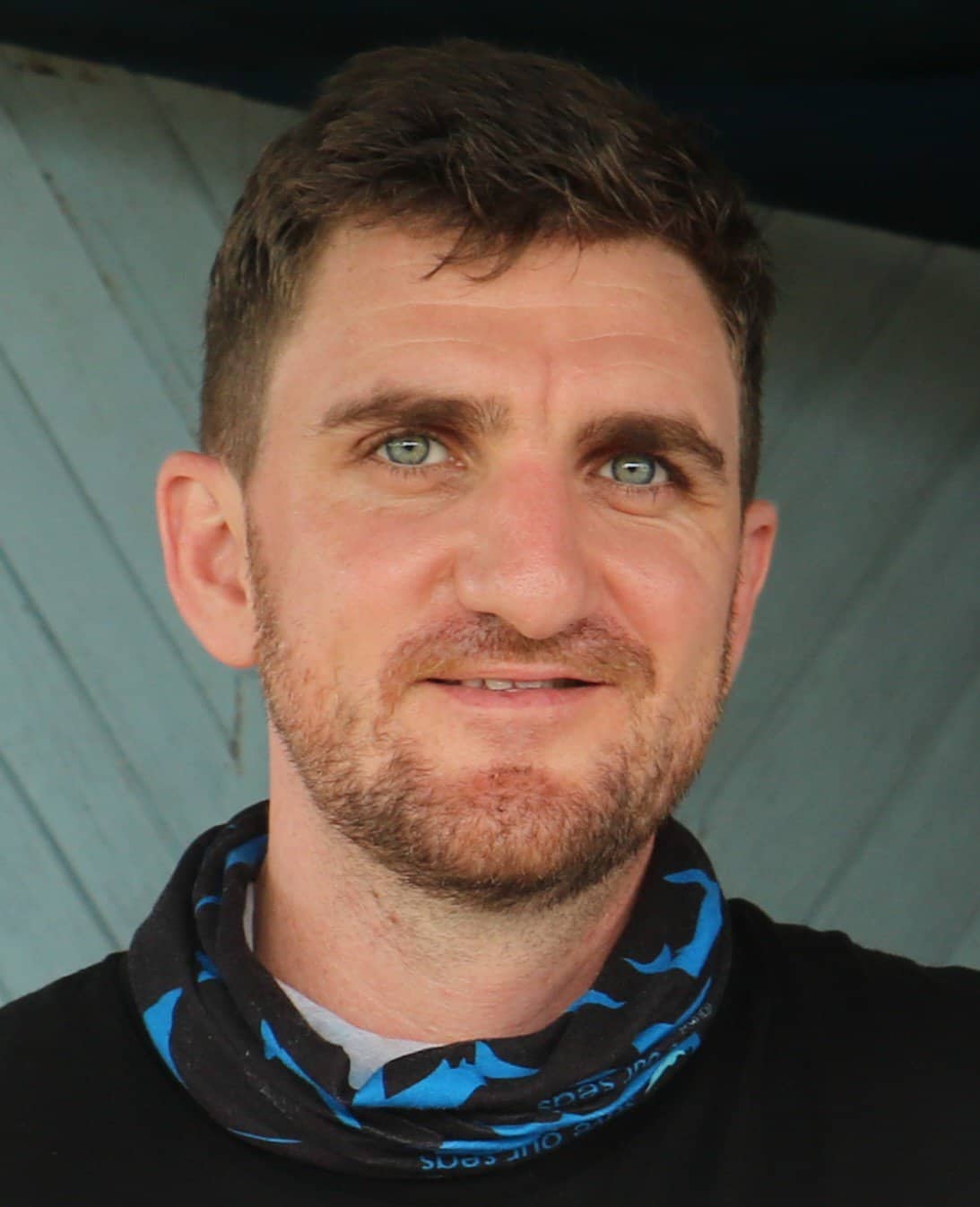
HUNTINGford MEDAL
Dr. Michael Grant
The Huntingford medal is awarded to a member of the society with the most impactful paper published in in the Journal of Fish Biology.
Michael Grant’s research focuses on conservation of threatened species in low income developing nations. Michael research uses a range of fisheries, conservation, and social science methods to understand the conservation status, threats, and uses and values of threatened species to local resources users in complex livelihood contexts. Of particular interest to Michael is the conservation of non-marine sharks and rays. Michael has conducted major research expeditions in Papua New Guinea and Indonesia to collect information for future conservation planning of these overlooked species. Recently, Michael’s research has explored the use of vertebral chemistry to better understand the life history of non-marine sharks and rays, providing promising results for improved ageing and ecological applications. Within the shark conservation community, Michael is an active member of the IUCN SSC Shark Specialist Group and is vice president of the Sawfish Conservation Society.

FSBI MEDAL
Dr. Erika J Eliason
The FSBI medal is awarded to an early career scientist who is deemed to have made exceptional advances in the study of fish biology and/or fisheries science.
Erika is a physiologist best known for her work on salmonids and their plight along the west coast of North America, with her work routinely cited in management policy, but her research papers span tropical fish biology to polar species, and elasmobranchs to model fish. She has been at the forefront of integrating physiology into other disciplines of fish biology including fisheries management, fish behaviour, biotelemetry, and conservation, and has pushed the boundaries of these fields by embracing new technology and methods including heart rate biologging methods, new surgical techniques, and field respirometry methods, and she has brought her physiological perspective to teams formed from ecologists, wildlife biologists and computational modelers. Her expertise in these areas is evidenced by the additional roles she holds within the fish biology community including being a specialist panel member of the IUCN salmonid specialist group, the editor of a number of book series in fish physiology.
Symposium Committees
Local Organising Committee
Naiara Rodriguez-Ezpeleta (AZTI)
Natalia Díaz-Arce (AZTI)
Oriol Canals (AZTI)
Mukesh Bhendarkar (AZTI)
Ane del Río (AZTI)
Iraide Artetxe-Arrate (AZTI)
Meritxel Gonzalez Intxausti (AZTI)
Irantzu Zubiaur (AZTI)
Manuela Abasolo (AZTI)
Ainhoa Ruano (AZTI)
Domino Joyce (University of Hull, UK)
Will Perry (Cardiff University Water Research Institute, UK)
Chris Brodie (Royal HaskoningDHV, UK)
Scientific Advisory Committee
Naiara Rodriguez-Ezpeleta (AZTI)
Aitor Albaina (EHU/UPV)
Alexia González-Ferreras (IH Cantabria)
Carmen González Sotelo (IIM CSIC)
Filipe Ribeiro (MARE, PT)
Anna Sturrock (University of Essex, UK)
Colin Adams (University of Glasgow, UK)
David Murray (CEFAS, UK)
Sarah Helyar (Queen's University Belfast, UK)
Ilaria Coscia (MI, Ireland)
Kenza Mokhtar (INRH, Morocco)
Romina Henriques (University of Pretoria, South Africa)
Rajeev Raghavan (KUFOS, India)




